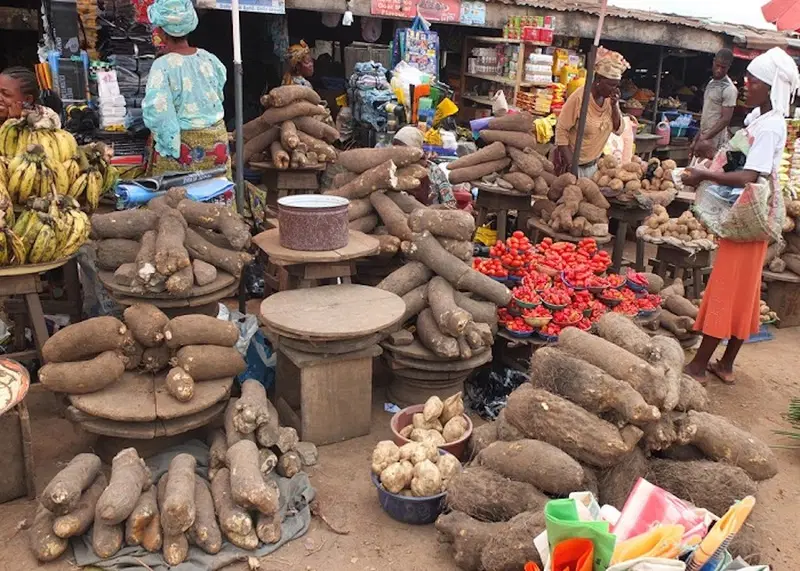ActionAid Nigeria (AAN) has called on the media to step up advocacy for increased investment in inclusive and sustainable food systems to ensure food and nutrition security for all Nigerians.
The call was made in Abuja, during a media workshop on Inclusive and Sustainable Food Systems Reporting, organised under the Inclusive Food Systems Project, funded by the German Corporation for International Cooperation (GIZ) and implemented by AAN.
Mr Andrew Mamedu, Country Director of AAN, who was represented by Mrs Suwaiba Dankabo, Deputy Country Director, Mamedu stated that Nigeria’s food system stands at a pivotal crossroads.
He outlined a truly inclusive food system as one that “empowers inclusive nutrition, livelihoods, and the future of millions, especially those engaged in food production”.
Mamedu stressed the media’s role in shifting the narrative, identifying climate change, economic shocks, conflict, and rising inequality as key stressors on the food system.
“Within these challenges lies a powerful opportunity to build a more just, inclusive, and resilient agricultural system. But this can only happen if we act boldly, collaboratively, and with intention,” he said.
Mamedu underscored the role of media professionals as agents of accountability and storytellers who amplify the voices of farmers, highlight their struggles and successes, and influence public discourse.
“Journalists play a crucial role in shaping public dialogue and influencing policy, yet there is a gap in specialised reporting on inclusive food systems”.
He emphasised that strengthening media engagement in this area is vital for driving awareness and advocacy, and for ensuring that the voices of smallholder farmers are heard.
“Your work shapes policy, mobilises communities, and brings visibility to critical issues. Yet agricultural and climate reporting in Nigeria remains under-resourced and underrepresented in mainstream media.
“This workshop is designed to address those gaps,” he added.
Mamedu reiterated that an inclusive food system not only guarantees better nutrition and livelihoods, but also secures the future of millions especially women farmers, young people, persons with disabilities, and the most vulnerable.
“It’s about who grows our food, who benefits from the system, and ensuring no one is left out whether in policymaking or in implementation,” he said.
He described ActionAid as an organisation committed to working with vulnerable communities, ensuring that all engagement is respectful, rights-based, and carried out with dignity.
Mamedu said the workshop aims to equip journalists to report effectively on agriculture, climate change, and food systems to inform, educate, and influence policy.
“The Inclusive Food Systems Project is part of our broader commitment to ensuring that Nigeria’s agricultural transformation is not only sustainable but also inclusive especially for women, youth, and marginalised communities, including persons with disabilities.
“Through this initiative, we aim to empower smallholder farmers, enabling them to actively participate in decision-making and policy processes that affect their lives and livelihoods.
“However, this goal cannot be achieved without strong, informed, and supportive communication.
“Together, let us imagine a food system that works for everyone, not just the poor, but rural women and the youth. Let us transform not only how we eat, but how we grow our food,” he added.

